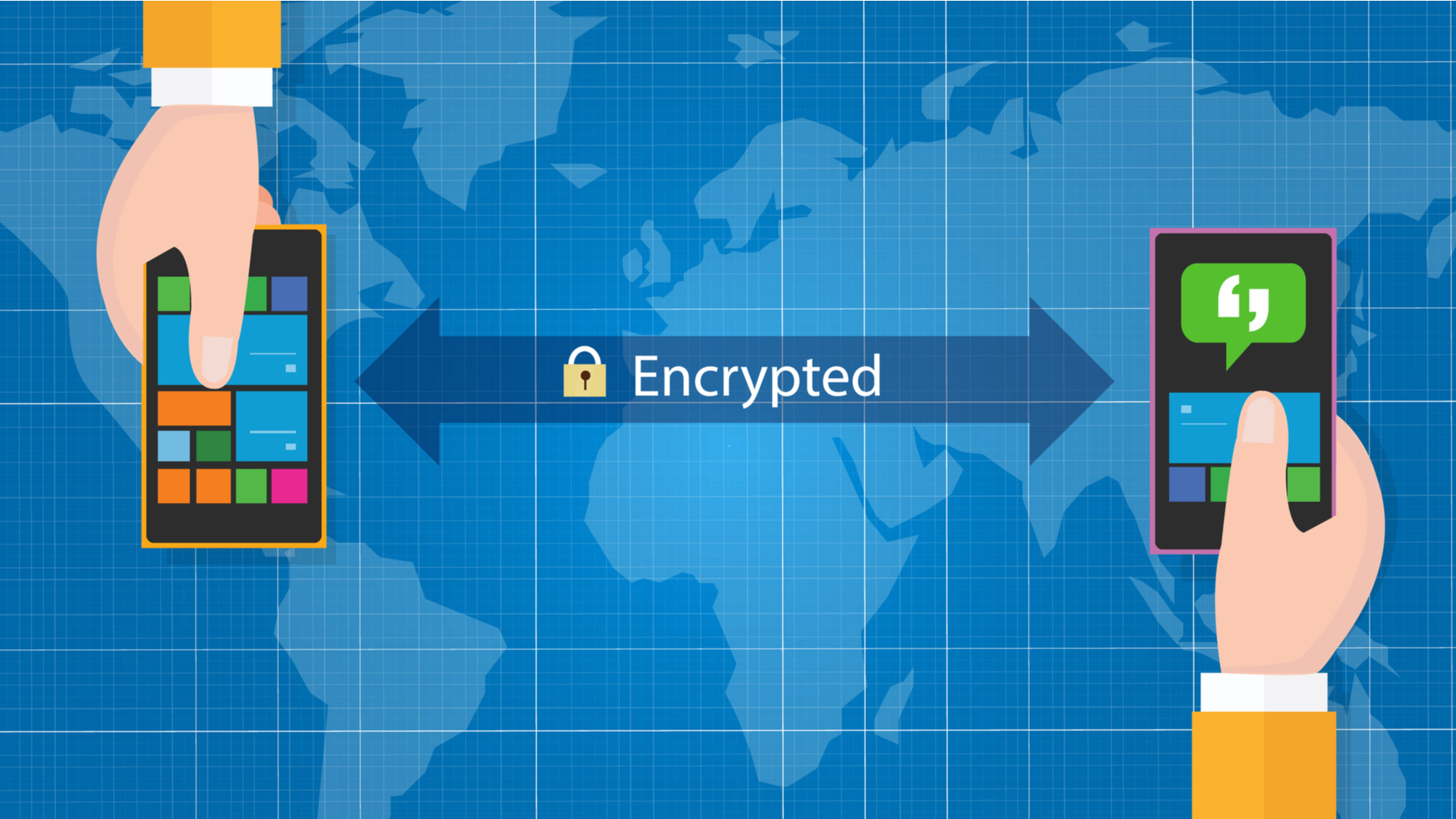Google to test end-to-end encryption following global RCS rollout
Only 1:1 messages will be automatically protected as part of the trial


Google has announced the completion of the global rollout of its Rich Communication Services (RCS) for Android phones, which will now be followed by the testing of end to end encryption (E2EE) on some messages.
The RCS feature allows users to share high-resolution photos and larger files, make video calls, chat within groups, as well as find out when messages are read.
The announcement of the successful global RCS rollout comes days after a leaked document suggested that the European Union inches closer to banning E2EE.
The leaked memo, addressed to the representatives forming the Council for European Union, makes it clear that policymakers stand firmly behind the notion of ‘strong encryption’ as a means of protecting the data and rights of individuals, but that E2EE makes it too easy for criminals to evade justice.
This could directly impact Google as the tech giant is expected to begin testing E2EE in one-to-one conversations on Google Messages. This means that the contents of a message between two users will not be able to be read by Google or other third-parties while it is transmitted between the sender and receiver.
The new feature is now available to anyone who has the latest beta version of Messages and has the enabled Chat features over data or Wi-Fi. When two users meet these requirements, their direct messages will be automatically encrypted with E2EE by default. Users will be able to see if their messages are encrypted by checking for a lock symbol next to the timestamp of the conversation's latest message, or on the send button.
In a statement announcing the more general RCS rollout, Google stated that E2EE will not be available for SMS/MMS nor group messages, but it is not certain whether this will be enough to evade any future EU ban on encrypted messaging.
Get the ITPro daily newsletter
Sign up today and you will receive a free copy of our Future Focus 2025 report - the leading guidance on AI, cybersecurity and other IT challenges as per 700+ senior executives
Earlier this month, digital privacy expert at ProPrivacy, Ray Walsh, warned that the EU’s “move to ban encryption from messaging platforms like WhatsApp and Signal would be a massive threat to data privacy as we know it”.
“It is a disappointing change in approach from the EU which has previously been pro-privacy for European citizens,” he told IT Pro before adding that “not only is breaking encryption a threat to national security, but the ability to communicate privately is a vital part of any free society”.
Having only graduated from City University in 2019, Sabina has already demonstrated her abilities as a keen writer and effective journalist. Currently a content writer for Drapers, Sabina spent a number of years writing for ITPro, specialising in networking and telecommunications, as well as charting the efforts of technology companies to improve their inclusion and diversity strategies, a topic close to her heart.
Sabina has also held a number of editorial roles at Harper's Bazaar, Cube Collective, and HighClouds.

